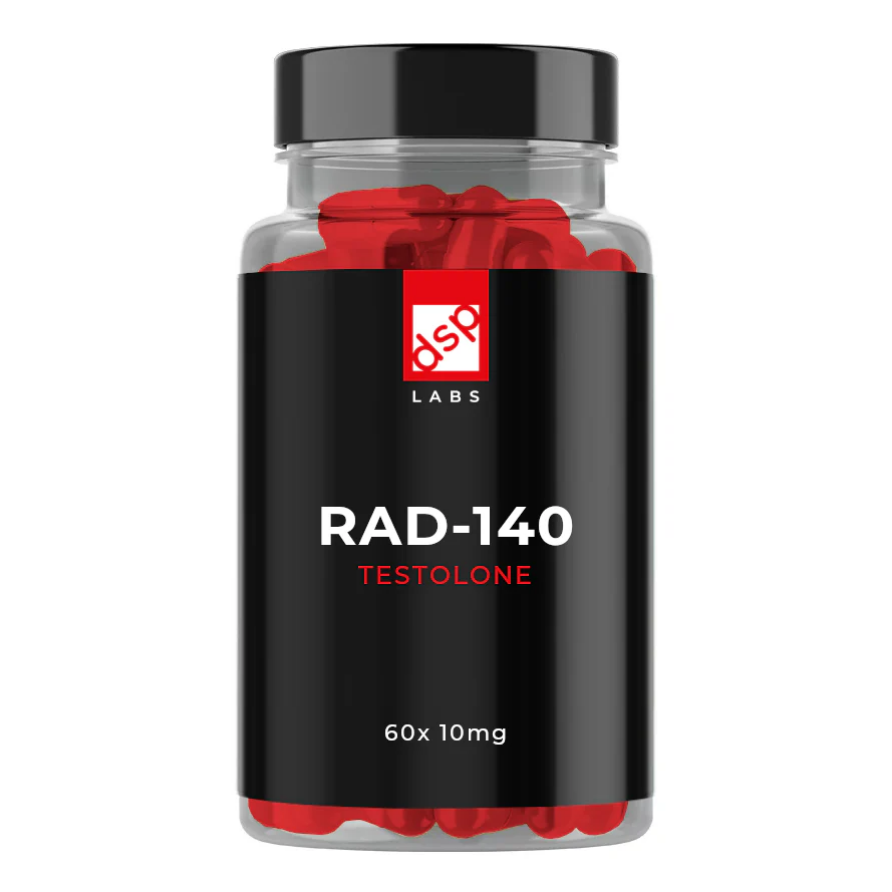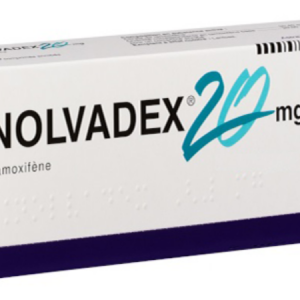$99.50
RAD-140 (Testolone) shows promise as a selective androgen receptor modulator with potential applications in treating muscle wasting disorders and improving bone health. However, it is crucial to emphasize that more research is needed to fully understand its safety, efficacy, and long-term effects in humans. As such, RAD-140 should only be used under the supervision of healthcare professionals and is not approved for use in most medical settings at this time.
RAD-140, also known as Testolone, is a selective androgen receptor modulator (SARM) that is currently being researched for its potential therapeutic uses, primarily in muscle wasting conditions and osteoporosis. Here’s an overview of RAD-140 based on current knowledge:
Mechanism of Action: RAD-140 works by selectively binding to androgen receptors in the body. Androgen receptors are typically activated by hormones like testosterone. By binding to these receptors, RAD-140 mimics the effects of testosterone in specific tissues, such as muscle and bone, without affecting other organs like the prostate gland. This selective binding is intended to promote muscle growth and potentially improve bone density.
Potential Uses:
- Muscle Wasting Disorders: RAD-140 is being investigated for its potential to treat conditions involving muscle wasting, such as cachexia (muscle loss associated with diseases like cancer) and sarcopenia (age-related muscle loss).
- Osteoporosis: Due to its potential to increase bone mineral density, RAD-140 may be explored as a treatment for osteoporosis, a condition characterized by weakened bones.
- Performance Enhancement: Like other SARMs, RAD-140 has gained attention in the fitness and bodybuilding communities for its purported ability to enhance muscle mass and strength without the side effects associated with traditional anabolic steroids.
Administration: RAD-140 is typically taken orally in the form of capsules or liquid. It is important to note that RAD-140, like other SARMs, is still under investigation and is not approved for medical use by regulatory authorities in many countries. Research is ongoing to determine its safety and efficacy in humans.
Side Effects and Considerations: While RAD-140 is designed to target androgen receptors selectively, potential side effects may still occur, including:
- Suppression of natural testosterone production (which can lead to hormonal imbalances)
- Liver toxicity (although SARMs generally have lower liver toxicity compared to traditional steroids)
- Potential cardiovascular effects (as androgens can influence cholesterol levels and cardiovascular health)
- Other androgenic side effects such as acne, hair loss, and mood changes may occur, although these are typically less severe compared to traditional steroids.
Reviews
There are no reviews yet.



Be the first to review “rad-140”